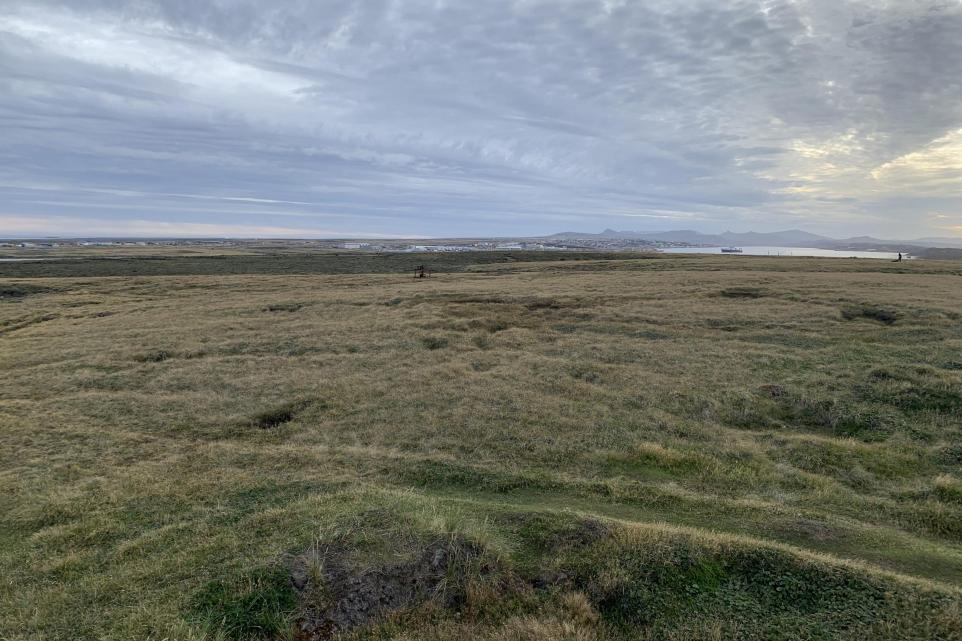Discovery and Initial Findings
The discovery was made when tree trunks were unearthed during construction work. These findings immediately caught the attention of scientists, as no trees have grown on the Falkland Islands for tens of thousands of years. The pristine condition of the wood, preserved like driftwood, indicated that these remnants could not be modern.
The presence of these tree fossils suggests that the island was once home to a temperate rainforest, a stark contrast to its current environment dominated by shrubs and low-lying vegetation.
Analyzing the Ancient Forest
The tree remains, being too old for radiocarbon dating, led scientists to analyze microscopic pollen and spores found in the surrounding peat. Fossilized pollen, indicative of specific geological periods, helped determine the age of the fossil site. The research team transported the wood and peat samples to Australia's University of New South Wales for detailed analysis using electron microscopy.
Through this analysis, the researchers concluded that the tree trunks and branches date back between 15 million and 30 million years. The pollen records and comparisons with similarly aged floras from southern Patagonia and Antarctica supported these findings.
Species Identification and Environmental Insights
The study identified that the ancient forest consisted of species similar to those found in modern Patagonia. This implies that the climate on the Falkland Islands millions of years ago was wetter and warmer than it is today, although cooler than tropical rainforests like the Amazon. The fossils included relatives of modern beech and conifer trees, painting a picture of a cool, wet forest ecosystem rich in biodiversity.
Implications for Climate Change Studies
The discovery of this ancient forest is significant for understanding past climate conditions. The Falkland Islands, located in the path of prevailing westerly winds, are an important area for studying climate change in the Southern Hemisphere. These winds influence Antarctic ice, atmospheric circulation, and precipitation patterns. Understanding how these winds have changed in the past can help predict future climate changes.
Future Projections and Environmental Concerns
Despite the revelations about the island's ancient environment, it is unlikely that the Falkland Islands will revert to a forested landscape. Current climate projections suggest the region will become warmer but also drier, raising concerns about the erosion of peatlands, which are sensitive to climate change.
The discovery of the ancient forest beneath the Falkland Islands offers a glimpse into a dramatically different past, providing valuable insights into the region's historical climate and environmental conditions. This research not only enriches our understanding of the Falkland Islands' ecological history but also contributes to broader studies on climate change and its impacts.







